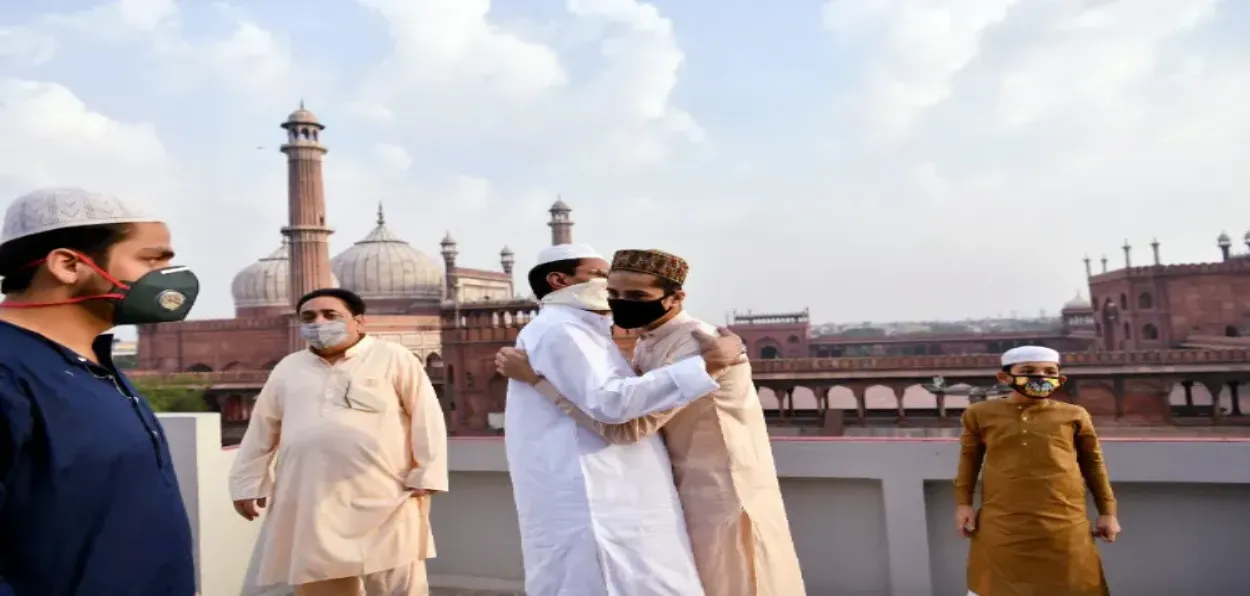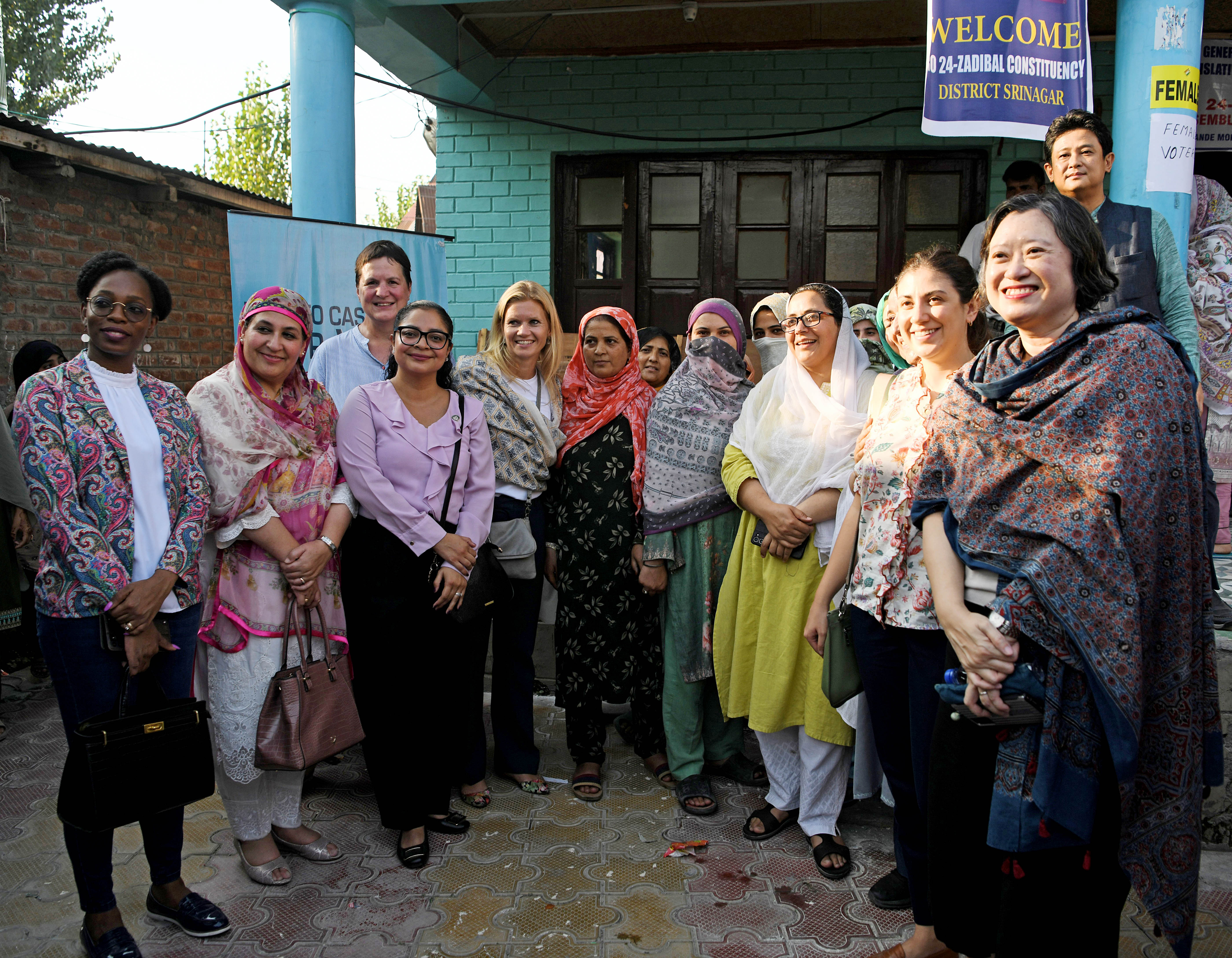
Democracy in India is a thriving enterprise. Even with its flaws, it remains vibrant. Like a long-race horse, it takes a momentary introspective pause and then resumes its pace. It has a place for all its citizens, regardless of their caste, creed, and colour. It is its core guiding principle. For Muslims, it is more special as it is only in India that they have enjoyed 75 years of uninterrupted democracy.
As democracies have either faltered or struggled to stay on course in neigbouring countries like Pakistan, Bangladesh, Sri Lanka, Maldives, and Myanmar, India is marching ahead as a triumphant tusker.
The Muslim experience of democracy is riddled with constant unpleasant setbacks. Yet, they are the most aspirational votaries of democracy in India. Recent years have seen Muslims claiming their rights purely through constitutional means in a shrill voice and in a hitherto unseen assertive manner.
When elections were held for central and provincial legislatures, Muslims took part in all of them with fervour. They were the most talked about social groups whose votes counted so much that political parties vied to woo them. In North India, they always remain the media's darling because of their electoral weightage. Their voting pattern is noted by both pollsters and research scholars.
 Delhi-based diplomats of 15 countries with the Staff of polling both and voters in Budgam
Delhi-based diplomats of 15 countries with the Staff of polling both and voters in Budgam
In a curious case of the assimilative peculiarity of Indian democracy, two exclusive Muslim-oriented political parties – Indian Union Muslim League (IUML) and All India Majlise Ittehadul Muslimeen (AIMIM) – not only exist, but they are also taking an active part in politics. Together they have four members in Parliament, including Asaduddin Owaisi. The latter is one of the most vocal politicians in Parliament and outside.
Muslims of India are enjoying their rights, as they have been doing for years. Their spirit only helps to strengthen democracy and show the world how conflicts are resolved democratically.
While we are discussing Muslims’ trust and hopes in Indian democracy, a Muslim-majority Union Territory Jammu and Kashmir, is holding its first assembly election in 10 years and Muslims are enthusiastically taking part in it. They are speaking up before the media and are, yet hopeful that all solutions will come from elections. It is exhilarating to see people who have been victims of violence triumph in the power of their votes.
Kashmiris serve as a reminder to every Indian Muslim that the only route to solutions to problems in a democracy is through dialogue. If the elected leader disappoints you, punish him and search for alternatives. There is no other way. There were some evil designs concocted by evil minds and they yielded misfortune for everyone who became part of them. Kashmir is still nursing its wounds inflicted by such forces. Democracy, hopefully, will become their balm to heal their trauma.
Similarly, there is a stark reminder for general Indian Muslims that if they choose malignant ways to respond to injustices meted out to them, they will only invite doom. As India’s neighbourhood is undergoing churning, foreign forces may entice some Muslim youth to turn against the Indian state as happened in some cases. This is a dreadful scenario. Even sordid memories of yesteryears’ misguided misadventures tried by some youths resulted in their lives being destroyed and the stigma being passed on to the Muslim community.
It's the right time for Indian Muslims to take the lead in every democratic activity in the country. They should be active in political parties and must come up with innovative ideas for social service. They must mingle with their fellow countrymen by joining their festivities and inviting them to their festivals.
ALSO READ: Muslim religiosity and the sea foam
It may be clichéd but the historical theme of the prescient 1970’s movie Garam Hawa still rings true: How long Muslims can live alone… they have to join the chorus of Indian democratic ethos and keep the flame of hope aflutter.
Dr. Shujaat Ali Quadri is President of Muslims Students Organisation of India
